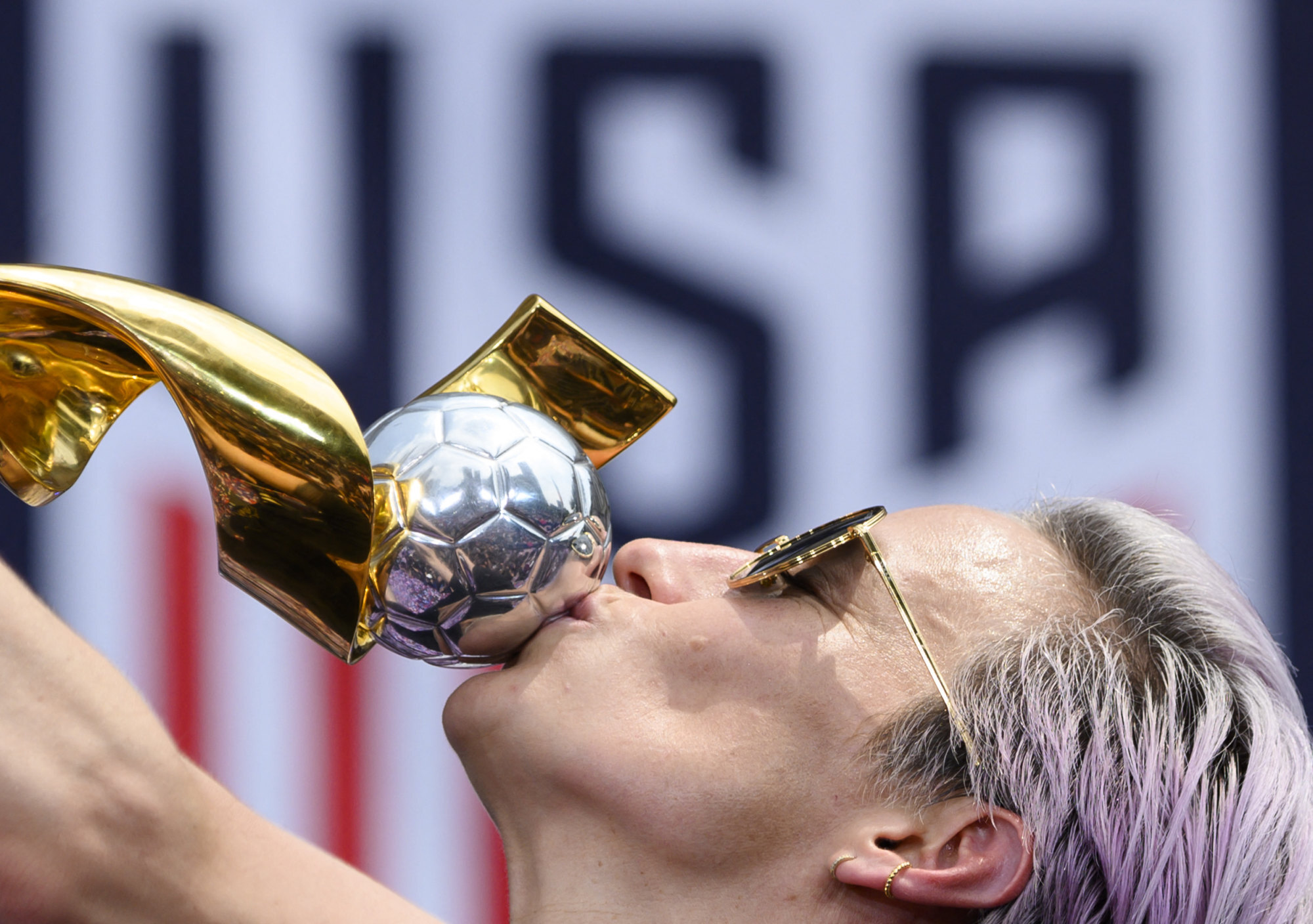
Eileen Gu is right about sport’s power to unite people
- Her wish to rise above the debate on her decision to represent China speaks to the ability of sports to foster mutual respect and friendship, as has been proven time and again
- Some athletes also understandably use their fame and time in the media spotlight to highlight issues such as inequality, gender and sexuality
Should athletes stay away from politics and controversy? Or do they need to use their platform to speak out for issues they believe in? Some believe athletes should stick to the “purity” of sport and competition, while others say they should use their fame to highlight issues and promote ideas that are important to them.
Keeping her head above the fray and trying to soar over the geopolitical divide, Gu said: “My mission is to use sport as a force for unity, not as a divisive force. It doesn’t have to be related to nationality.”
She wants to introduce extreme snow sports to China and to inspire new Chinese freestyle skiers, particularly young girls. In her words: “Through skiing, I hope to unite people, promote common understanding, create communication, and forge friendships between nations. If I can help to inspire one young girl to break a boundary, my wishes will have come true.”
In the reverse, Nigeria-born Hakeem Olajuwon played for US basketball’s Dream Team in 1996, and distance runner Bernard Lagat competed for the US in 2008, after having won Olympic medals for Kenya before. Thirteen Chinese-born table tennis players have represented the US over seven Olympics.
Some athletes use their fame and time in the media spotlight to highlight issues such as inequality, gender and sexuality. And our celebrity culture means that we listen more closely to what famous people have to say.


At the end of the day, from the soccer World Cup to the Olympics, sport unites people from around the world – both athletes and fans. It fosters mutual respect, understanding and often friendship. Who can fail to be moved by images of Ukraine’s Oleksandr Abramenko being hugged by Russia’s Ilia Burov in the men’s skiing aerials event despite the hostilities between the two nations?
Regardless of nationality, politics or beliefs, we are all enriched by watching a mesmerising figure-skating routine, an audacious snowboard run or a beautiful goal.
Bernard Chan is convenor of Hong Kong’s Executive Council

